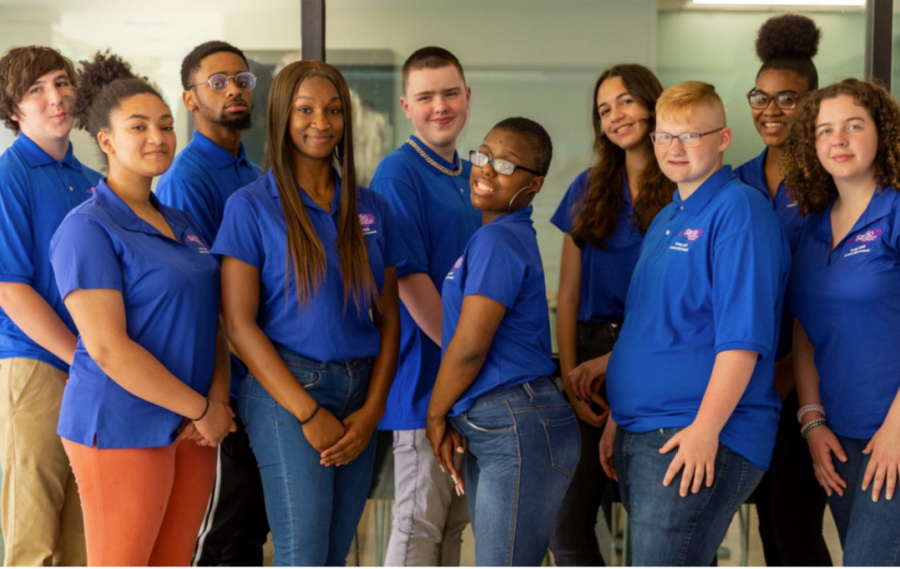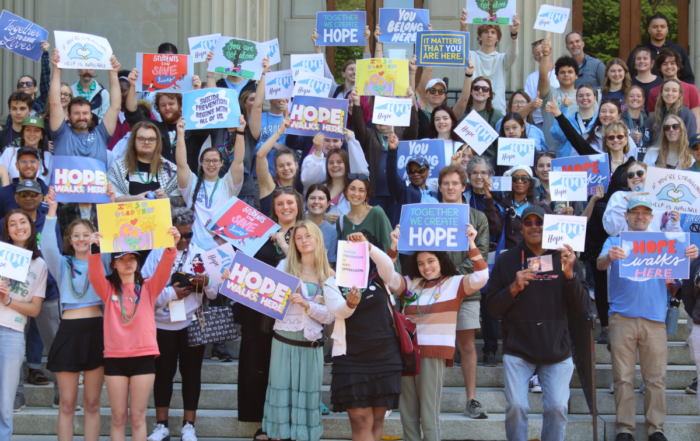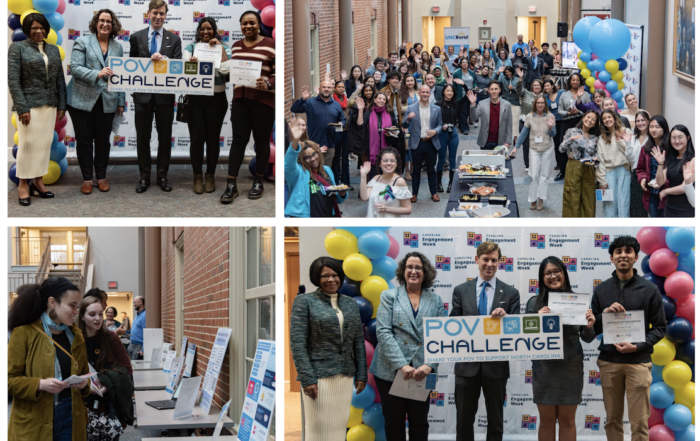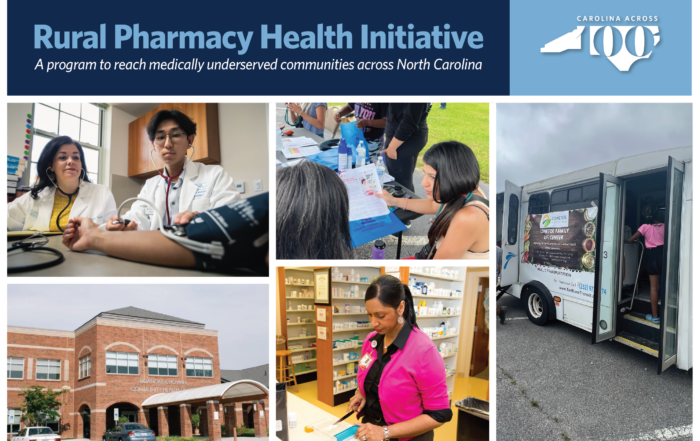Education | Employment | Housing
Centering opportunity youth in policy change–SaySo and out-of-home care
Pavani Peri, Guest Contributor
January 10, 2023

As we continue working with “Our State, Our Work” teams to connect young adults with living wage employment opportunities, this blog will offer perspective on barriers and subpopulation. Read as we share learnings from experts about the work needed to prepare both employers and Opportunity Youth to help circumvent those roadblocks.
Engaging opportunity youth must seek to understand and include the diverse experiences of young people who are disconnected from education and the workforce.
SaySo (Strong Able Youth Speaking Out) is a state-wide advocacy organization comprised of youth aged 18-24 who have been in the out-of-home care system in North Carolina. Out-of-home care includes group homes, foster care, and mental health placements. Young people in out-of-home care are a population of opportunity youth that have historically been unrepresented, hard-to-reach, and left out of critical policy changes. SaySo is an organization that centers the perspectives of individuals who have spent time in out-of-home care, and empowers them to advocate for policy changes that make it easier for impacted youth to pursue higher education and career opportunities.
Leading the way
Carmelita Coleman, known to all as Ms. Carmelita, is the Executive Director of SaySo. Ms. Carmelita’s work is rooted in social work because of how it strengthens people, families, and communities. “When I started hearing how young people advocated for themselves, I noticed that how they talked about their experiences and their needs conflicted with policies meant to support .”
SaySo leans on the expertise of young people with lived experience to set policy priorities and practices that are often overlooked by unaffected policymakers.
The work of these young people has been transformational for the state:
- SaySo youth advocated for the Foster Care Bill of Rights–a practice that informs youth in out-of-home foster care of their rights to choose a home environment they would feel comfortable in. Youth in foster care often feel they cannot speak up about the religious, cultural, and social preferences they have for a family. And, young people who feel “unsettled in their homes cannot focus fully on school and [their] career,” says Ms. Carmelita.
- SaySo youth advocated to expand Medicaid coverage for people in out-of-home care to the age of 26. This change provides young adults aging out of out-of-home care with greater permanency of their medical care during a time of change and transition.
- SaySo youth increased the options young people in out-of-home care have in choosing mental health providers and made sure that youth are fully informed to choose the best course of treatment for themselves.
- Another form of advocacy included giving young people the option to stay in out-of-home care up until they turn 21, and for systems to provide benefits for young people while they’re in college, working, or in vocational training.
SaySo youth advocated for an increased financial allowance for families accepting foster youth to support families’ abilities to fully provide for these young people. A portion of that allowance would go to the young people to increase financial freedom and overall independence.
“Independence is so important to cultivate in young people who grow up in out-of-home care. The foster system involves constant supervision that chips away at a young person’s sense of normalcy. So, we ask ourselves ‘how we can be more discrete in our programming?’ to ensure that each person is seen is a person, and not as a part of a system?” says Ms. Carmelita.
Focusing on the Future
SaySo’s advocacy gives opportunity youth in out-of-home care the resources and support to shape their own lives through policy advocacy. And, that advocacy allows opportunity youth to focus on their futures. Further, SaySo also creates a permanent home for these young people to return to even after they graduate from the programs. Ninety percent of SaySo staff are alumni, and even alumni not employed by the organization still volunteer their times to mentor current students on developing their interests and pursuing careers.
In addition to career mentorship, SaySo alumni attending 4-year colleges and 2-year community colleges lead college tours of their schools for current students. Such programming creates an environment of trust, mentorship, and natural camaraderie.
SaySo shows us that. Through centering the experiences and perspectives of young people who have been in out-of-home care, SaySo is working to empower, encourage, and respond to their experiences so that they can fully thrive.
Read more about SaySo here, and find your local chapter so you can get involved!
UNC-Chapel Hill’s Carolina Across 100 initiative is a 5-year initiative charged by Chancellor Kevin Guskiewicz which will partner with communities in all 100 North Carolina Counties to aid in pandemic recovery and help build resiliency. Stay connected with Carolina Across 100 as we continue to share data and resources.






